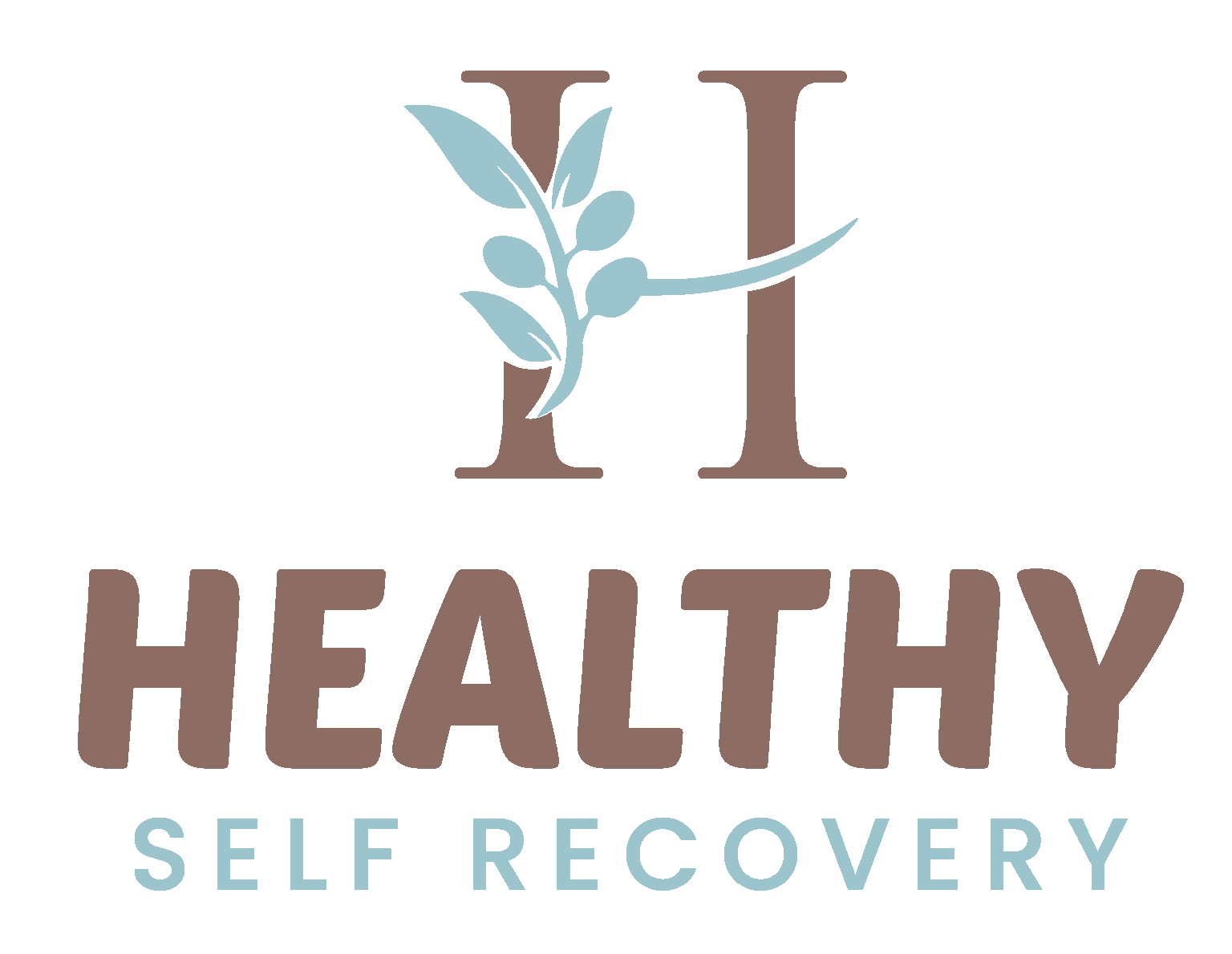Recovery from an eating disorder is never straightforward and linear. There are twists, turns, and often steps backward. Relapse is a reality of the recovery journey for many people. It isn’t a sign of failure or weakness, nor does it undo the progress you’ve already made or mean you are back at square one.
As an eating disorder recovery coach and someone who walked a potted path to recovery myself, I’ve seen firsthand how approaching relapse with compassion, curiosity, and practical support can turn a setback into a key lesson about triggers and how to build resilience for a more sustainable recovery.
In this blog, I will cover how working with an eating disorder recovery coach can firstly help to avoid relapse, AND if relapse happens, how a eating disorder recovery coaching in England helps clients move through this and forward—without shame.

How Does Working With an Eating Disorder Recovery Coach Help Prevent Relapse?
In an ideal world, relapse would not happen. In my coaching practice, I work with people on a number of things that hopefully help stave off relapse. These are:
Recognizing Triggers and Early Warning Signs
A core part of being able to prevent relapse, but also set its course right if you are relapsing, is being able to spot what throws you off kilter. Everyone’s situations and triggers are deeply personal, so take the time to explore and identify what typically makes you feel unstable or “out of control”. Common triggers are stress, work, or exam-related pressures, changes in circumstances, and travel. Triggers can also be specific feelings or certain people. Taking time to identify the patterns that cause disordered thoughts and behaviours to re-surface is a large part of creating awareness and prevention.
In my online coaching practice, I often help people create a warning sign list. This is a list we regularly check against as a safety net to catch things before they slip too far. As with triggers, everyone’s warning signs are different, but an example warning list could look like – noticing you are moving more – e.g, fidgeting and pacing, or formal exercise, buying more diet foods, having some old food rules creep back in, recognising that you start to isolate more, etc. By building this self-awareness, you are able to have more agency over disordered behaviours and act before things deteriorate quickly.
Setting Realistic and Achievable Goals
Recovery happens through action-taking, and so working with goals is really important. It is not always the case, but sometimes relapse happens when goals are too big, too hard, or not goals you have fully committed to, and the pull to return to old habits is too strong. Working with a recovery coach helps establish goals that are meaningful to you and ensures you are held accountable for taking the actions needed to achieve them.
In my coaching practice, I like to work with a long-term goal—or vision —that aligns with your true values and the type of person you want to be. That vision is the overriding goal that we are aiming for. And then on a weekly basis, there are short-term goals that are the things you need to do or work on to move you closer to this. These short-term goals, which could be things like completing a meal, challenging fear foods, setting a boundary, or reducing or delaying a behaviour.
I have found that relapse is less likely to happen if goals are:
Collaborative
Goals that have been chosen by YOU and your recovery coach. If goals are set for you and are not aligned with the values of your healthy self, they tend to be crowded out by the eating disorder voice. Collaborative goals mean that you are invested in your actions and have agency in your recovery journey. Taking ownership of your own recovery— rather than recovering for someone else—is a huge part of ensuring lasting healing.
Achievable and Realistic
Setting goals that are too big or too hard tends to undermine confidence and reinforce the belief that the eating disorder is the only thing that brings a sense of mastery. Having achievable goals, even if they are small, encourages progress and confidence.
Building a Toolbox of Coping Skills
Eating disorders become someone’s main coping skill for all stressors and everyday life. Long-term recovery happens when someone finds alternative, more constructive coping skills so that they no longer need to rely on the eating disorder to cope with stress, difficult emotions, and to self-soothe. Initially, this can feel extremely hard because your brain has learnt to associate eating disorder behaviours with safety, and so initially, nothing provides the same numbing, soothing, distraction, and sense of calm that eating disorder behaviours do. Finding and using alternative coping skills not only takes practice and perseverance but also needs to be framed as not an instant fix. They won’t take the eating disorder thought or urge away immediately, but with time and practice, your brain will start to associate them with calm and safety.
Working with a British eating disorder recovery coach can help you identify a variety of coping strategies. For example, many people find journaling helpful, but it is not always appropriate or possible to journal. Likewise, learning to reach out to others as opposed to the eating disorder is a hugely helpful coping mechanism, but again, not always possible. Therefore, you need a variety of coping skills you can rely on so you have something for any situation. Breathwork or grounding exercises, for example, can be used in almost any situation. Working with an eating disorder recovery coach prompts you to discuss and experiment with different coping strategies so that, over time, you can have a variety of strategies that genuinely help.
Building a Strong Support System
Eating disorders thrive on secrecy and isolation, and a crucial part of recovery and relapse prevention is learning to turn to others instead of automatically turning inwards and relying on your eating disorder. An important part of both recovery and relapse prevention is identifying who in your life you can rely on to be there for you and to always advocate for your recovery.
Initially, your recovery coach is the best go-to person, as they have both the professional training and skill set to best support you, but over time, it is important to have other people you can rely on. Working with your recovery coach can help you build the confidence to reach out and learn how to ask for help.
Managing Stress Daily
In my personal experience as both a coach and someone who has recovered from an eating disorder, people who suffer from eating disorders typically have a higher baseline of anxiety than most people. That is to say, they are generally more anxious and easily stressed. The higher the level of anxiety and stress, the louder eating disorder thoughts tend to be, and the greater the temptation to engage in eating disorder behaviours.
Inevitably, stress is part of life, but unmanaged stress can put recovery at risk, and so learning to manage anxiety and stress on a daily basis and keep it in check so that it doesn’t reach states of overwhelm is really crucial. Again, this is a case of identifying a number of things that can be done on a daily basis that help keep someone grounded – for example, some mindfulness or breathing exercises, time outside in green spaces, regular meals, gentle movement or a slow, short walk, listening to music, and scheduled work breaks.

What Happens When a Relapse Happens?
Sometimes, even with all the best plans and intentions, relapse happens. Recovery from an eating disorder entails your brain learning to rewire differently – adjusting to new habits and ways of thinking, which initially feels very “wrong”. This takes time and patience, and it’s not unreasonable that it will object and at times slip into its old familiar ways, and there is no shame in that. The more we face and discuss relapse, the more we realise that, with the right support and self-compassion, setbacks can be the turning point in a full, more sustainable recovery.
Compassionate Accountability and Reflection
One of the most powerful things I can do as a recovery coach during relapse is to offer compassion and accountability. I’m not here to judge, but to support you by keeping you connected to your goals and values.
Relapse often triggers feelings of shame and perfectionism, and a coach’s role is to reframe and reflect. Relapse is not failure—it’s feedback that something wasn’t working. Being curious rather than critical is how we decipher that feedback, so new and different choices can be made.
Together, we will ask questions to explore what led to the setback:
- What was happening in my life before this happened?
- What was I feeling before this happened?
- What was it that triggered the old habits and thoughts?.
- Can I pinpoint a specific situation (social or environmental), a stressor, or a person?
- What do I need right now?
- How can we support your next step?
Reflection helps you identify triggers and patterns early, making it easier to spot warning signs next time. It’s also a powerful opportunity to recommit to your recovery goals. Each time you reflect, adjust, and recommit, you strengthen your resilience for life beyond recovery.
Adjusting Course: Forward Without Shame
Once we understand what happened, we can focus on what comes next and adjust recovery plans accordingly. A big part of my job is to help clients create an action plan that feels realistic and supportive. This might include:
- Revisiting a meal plan or self-care routine
- Scheduling extra sessions for added support
- Revisiting exercises such as cognitive distortions
- Practicing grounding or mindfulness techniques in tough moments
- Breaking down goals that were too big or overwhelming into small, doable steps.
- Creating a bigger or wider support network
- Create a plan for managing high-stress situations.
- Do more exposure work.
Rebuilding Trust in Yourself
Perhaps the hardest part of relapse is rebuilding trust in yourself. People who suffer from eating disorders tend to be perfectionists, think in black and white terms, and discount the positives, and inevitably will take relapse as proof they are failing at recovery. During eating disorder recovery coaching, a recovery coach’s role is to encourage you to practice self-compassion, remember your core values, and acknowledge every bit of progress. When shame tries to take over, we work on reframing the narrative: relapse doesn’t mean you’re starting from scratch. You’re learning from your mistakes and building resilience, one step at a time.
Recovery Is Not Ruined
In the end, relapse is a chapter in your recovery story—not the ending. With the right support, tools, and perspective, setbacks become opportunities for growth. As a recovery coach here at Healthy Self Recovery, I’m here to remind you that no journey is without setbacks. My role in relapse is to offer accountability, a space for curiosity and reflection, and a reminder that you are never alone in this journey.
If you’re navigating relapse right now, know that it can be a turning point—not a dead end. Compassion, curiosity, and community are your allies. Recovery is still possible. Let’s take the next step together.

Finding Strength After Relapse with Eating Disorder Recovery Coaching in England and the rest of the UK
Relapse doesn’t mean you’ve failed—it’s a chance to rebuild with the right support. Through eating disorder recovery coaching in England, you can learn to approach setbacks with compassion, accountability, and renewed confidence. At Healthy Self Recovery, you’ll find guidance tailored to your unique journey so you can move forward—stronger, wiser, and never alone. Follow these three simple steps to get started:
- Reach out to book a free discovery call
- Begin working with a compassionate British eating disorder recovery coach
- Start healing after relapse!
Additional Services Offered at Healthy Self Recovery
At Healthy Self Recovery, I offer eating disorder recovery coaching online in England, Scotland, Ireland, and globally, helping clients take consistent, meaningful steps toward long-term healing. Together, we rebuild trust in your body, nurture balance around food and movement, and strengthen your sense of self.
Our sessions explore the thoughts, emotions, and habits that keep eating disorders in place. All while providing practical tools to manage urges, respond to hunger cues, and cultivate self-compassion. Between sessions, I offer text-based support and guided eating sessions when extra encouragement or structure is needed.
Alongside general eating disorder support, I also offer anorexia nervosa recovery, providing specialised, compassionate guidance for those rebuilding both physical and emotional well-being. Wherever you are in your recovery journey, I offer flexible, personalised coaching to help you find peace with food and body.
About the Author
Marianna Miles, CCIEDC, Certified Eating Disorder Recovery Coach | Registered Nutritionist (Dip ION)
Marianna Miles is a Certified Eating Disorder Recovery Coach in England and Registered Nutritionist who helps individuals heal their relationship with food and body image. Trained through the Carolyn Costin Institute, Marianna combines professional expertise with lived experience to provide compassionate, evidence-based support for eating disorder recovery. Working with clients across the UK and internationally, she offers personalised coaching that empowers lasting recovery, resilience, and self-compassion.








